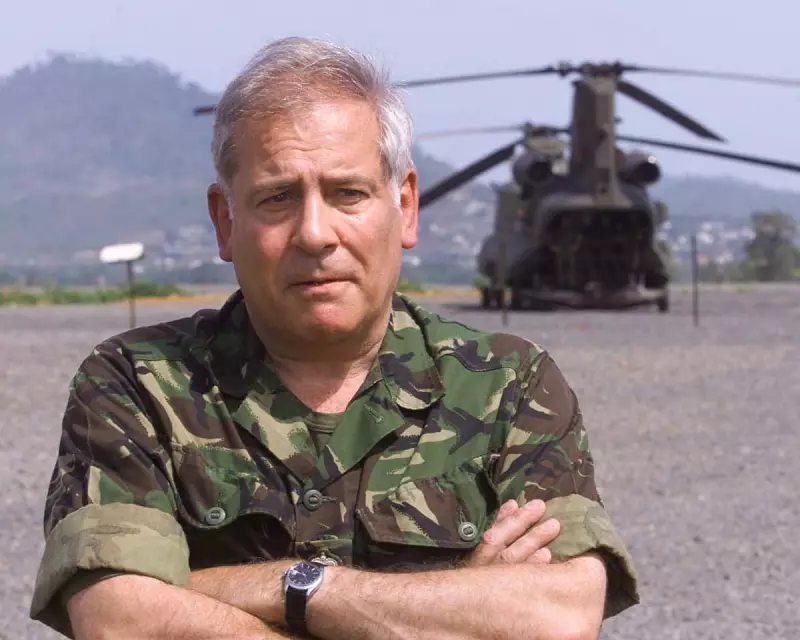
The British military has lost one of its most influential figures with the passing of Field Marshal Lord Guthrie of Craigiebank at the age of 85. A soldier whose career spanned five decades, Guthrie's impact on British defence policy and military operations remains profound to this day.
From Eton to the Battlefield
Charles Ronald Llewelyn Guthrie's journey began in education at the prestigious Eton College, followed by national service that would ignite his passion for military life. Commissioned into the Welsh Guards in 1960, the young officer quickly demonstrated the leadership qualities that would define his career.
His early service took him across the globe, from the deserts of Bahrain to the jungles of Borneo during the Indonesia-Malaysia confrontation. It was in these challenging environments that Guthrie honed the tactical brilliance and strategic thinking that would later elevate him to the highest ranks of British military command.
Northern Ireland and Special Forces Leadership
Perhaps one of his most significant contributions came during the turbulent years in Northern Ireland. As commanding officer of the 1st Battalion Welsh Guards in 1972-73, Guthrie operated during some of the conflict's most intense periods. His approach combined military precision with political awareness, recognising that lasting solutions required more than just military force.
His deep understanding of special operations led to his appointment as Director of Special Forces in 1985-87, where he oversaw both the SAS and SBS during a period of heightened international terrorism threats.
Architect of Modern British Defence
As Chief of the Defence Staff from 1997 to 2001, Guthrie faced the monumental task of transforming Britain's armed forces for the 21st century. He championed the Strategic Defence Review of 1998, which reoriented British forces from Cold War preparedness to rapid reaction capabilities.
His leadership during the Kosovo conflict in 1999 demonstrated his strategic vision in action. Guthrie was instrumental in convincing NATO allies of the necessity for ground forces, understanding that air power alone wouldn't resolve the humanitarian crisis unfolding in the Balkans.
A Voice for the Armed Forces
Even after retiring from active service, Guthrie remained a powerful advocate for Britain's military personnel. He never shied away from speaking truth to power, famously criticising defence cuts that he believed compromised both operational capability and the welfare of service personnel.
His crossbench presence in the House of Lords ensured that military matters received the serious consideration they deserved, drawing on his vast experience to inform defence policy debates.
The Man Behind the Uniform
Those who served with Guthrie remember not just the brilliant strategist, but a leader who genuinely cared for his soldiers. His marriage to Catherine Cokayne in 1965 provided the stable foundation that supported him through the demands of military leadership.
Known for his direct manner and occasional impatience with bureaucracy, Guthrie's primary loyalty always remained with the men and women under his command. His legacy extends beyond the battles he helped win to the institutions he strengthened and the lives he influenced.
Field Marshal Lord Guthrie's passing marks the end of an era for British military leadership. His career serves as a masterclass in adapting military strategy to changing global threats while maintaining the core values of service and duty that define Britain's armed forces.






